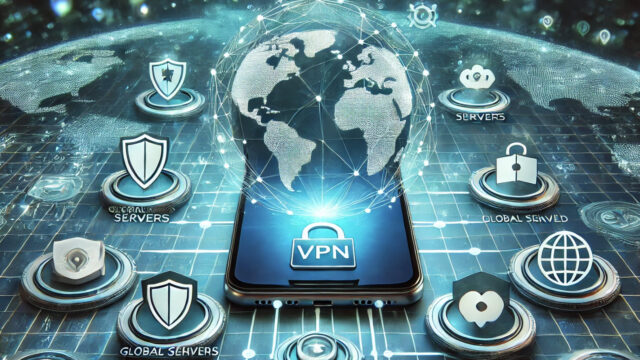The internet, envisioned as a borderless space for free expression and information exchange, faces significant restrictions in many parts of the world. International internet censorship refers to the control, suppression, or regulation of online content by governments, organizations, or other entities. While motivations vary—ranging from national security to cultural preservation—the practice raises complex questions about freedom, privacy, and global connectivity.
Forms of Internet Censorship
Censorship manifests in diverse ways globally:
- Content Blocking: Governments or internet service providers (ISPs) block access to specific websites, social media platforms, or search engines. For instance, China’s Great Firewall restricts access to numerous foreign sites, including Google and Wikipedia.
- Keyword Filtering: Automated systems scan and block content containing certain words or phrases. Iran and Saudi Arabia employ such filters to limit political dissent or culturally sensitive material.
- Surveillance and Monitoring: Some countries, like Russia, mandate ISPs to store user data, enabling government oversight of online activity. This can deter free speech through self-censorship.
- Throttling and Shutdowns: During protests or elections, nations like India and Myanmar have slowed or entirely cut internet access to control information flow.
- Legislative Measures: Laws, such as Turkey’s internet regulations or Vietnam’s cybersecurity laws, require platforms to remove content deemed offensive or threatening.

Key Examples Around the World
- China: The Great Firewall is the most extensive censorship system, blocking thousands of sites and enforcing strict content moderation on domestic platforms like WeChat and Weibo.
- Russia: Since 2019, laws have tightened control over “sovereign internet,” allowing the government to disconnect from the global web and censor dissent, especially post-2022.
- Iran: The government restricts social media and messaging apps like Telegram, while promoting a “halal” national internet aligned with state ideology.
- European Union: While less restrictive, the EU’s Digital Services Act imposes content moderation rules on platforms, sparking debates over free speech versus harmful content regulation.
- India: Frequent internet shutdowns, particularly in regions like Kashmir, aim to curb unrest but disrupt daily life and access to information.
Governments cite various reasons for censorship:
- National Security: To prevent terrorism or cyberattacks, as seen in Pakistan’s bans on certain apps.
- Political Stability: Authoritarian regimes, like North Korea, limit dissent to maintain control.
- Cultural or Religious Values: Middle Eastern nations often block content conflicting with local norms.
- Misinformation Control: Some democracies restrict false information, though this risks overreach, as debated in Brazil’s recent regulatory efforts.
Impacts of Censorship
Censorship profoundly affects societies:
- Restricted Free Speech: Activists and journalists face silencing, as seen in Egypt’s crackdowns on bloggers.
- Economic Consequences: Shutdowns disrupt businesses and innovation; a 2023 report estimated global internet shutdowns cost economies $10 billion annually.
- Digital Divide: Limited access in rural or censored regions exacerbates inequality, particularly in Africa.
- Erosion of Trust: Heavy-handed policies can alienate citizens, fueling protests, as in Iran’s 2022 unrest over internet restrictions.
Efforts to counter censorship include:
- Technological Tools: Virtual Private Networks (VPNs) and platforms like Tor help users bypass restrictions, though governments like China crack down on these.
- Activism: Organizations like Access Now advocate for digital rights, documenting shutdowns and lobbying for open internet policies.
- International Pressure: The UN and NGOs criticize censorship, though enforcement remains weak.
- Decentralized Platforms: Blockchain-based networks aim to create censorship-resistant spaces, but scalability remains a challenge.
Balancing security, cultural norms, and free expression is a global challenge. As artificial intelligence and surveillance technologies advance, censorship could become more sophisticated, raising concerns about privacy. Conversely, growing public awareness and technological innovation may bolster resistance to restrictions. The internet’s future hinges on whether global cooperation can foster an open yet secure digital ecosystem.
International internet censorship reflects a tug-of-war between control and freedom. While some restrictions address legitimate concerns, excessive measures stifle voices and innovation. Understanding the scope, methods, and consequences of censorship is crucial for fostering a digital world that respects both individual rights and collective security.














